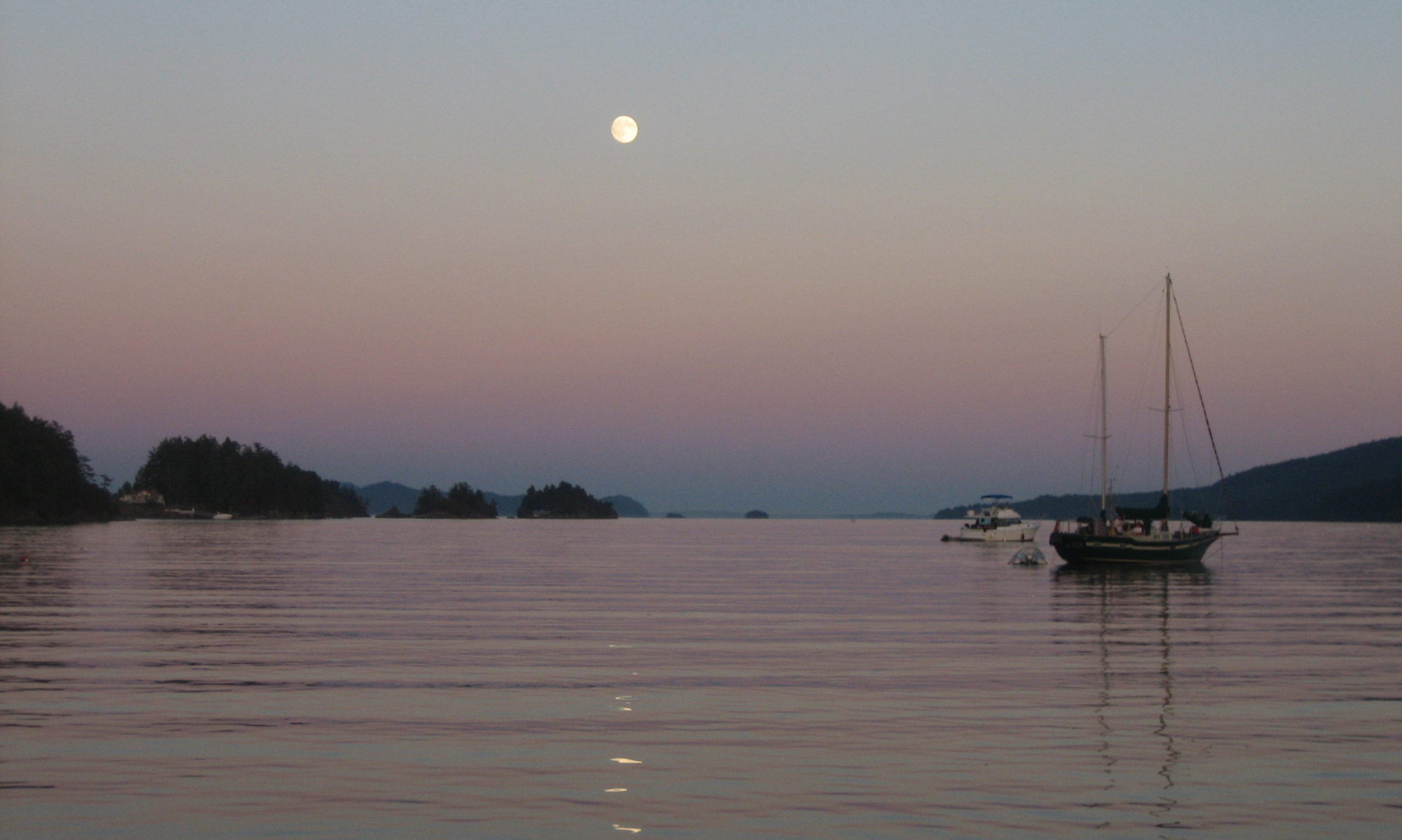I have a whole raft of quotations that I love about plans and planning. They oscillate between those that favor the planning process and those that deride it.
Everyone has heard the old proverb, “He who fails to plan, plans to fail,” but I just find that pithy and condescending. Come on, if you’re not planning, then you’re not planning, for failure or anything else. Give laziness a chance.
Sun Tzu is more motivational. “Let your plans be dark and impenetrable as the night,” he wrote, “and when you move, fall like a thunderbolt.” Since my plans are often accused of being dark and impenetrable, I feel a certain kinship with the general, but no one has yet provided me with an army of three hundred concubines, so perhaps they are not yet dark and impenetrable enough. Also, I have a tendency to fall more like snow than a thunderbolt, but I’m working on that.
Coming at the planning process from another perspective, I heard this line in a movie once: “A plan is just a list of things that never happen.” The truth in it struck me. Few plans are executed in a way that bears much resemblance to their intentions.
“Plans are useless,” said Eisenhower, “but planning is indispensable.” A wise man; hidebound adherence to a plan formulated for a set of conditions that has changed (as conditions generally do) is fatal, but having gone through the planning process, having considered the options ahead of time and weighed them against the possible course of events, is critical to making good decisions quickly in changing conditions.
On the other hand, Lennon said, “Life is what happens when you’re making other plans” and he had a point there; become too obsessed with the planning process, and whatever it was you thought you were planning for will pass you by.
Among others, Dennis Waitley attempts to walk the line between planning and living. “Expect the best, plan for the worst, and prepare to be surprised.” Of course if you were prepared, it wouldn’t be a surprise. His formula doesn’t work very well for me anyway. If I could really expect the best, I wouldn’t have much motivation to plan for the worst, would I? I plan for the best to be prepared for the worst. Patton might have captured the essence of the middle course a bit better: “A good plan, violently executed now, is better than a perfect plan next week.” Georgie knew you needed to have a plan, but couldn’t get obsessed by it.
If you take from all this the notion that plans have been much on my mind of late, you would be correct. To me, plans become most important when you are dealing with tight timetables, and our timetable for getting to Vancouver in time for the Olympics has become quite constricted. Our tickets are for an event happening the evening of the 13th; Mandy, however, found out only recently that a major corporate client would be needing her services on the 8th and 9th. If you have a powerboat, perhaps this would be of little import, but to sail from Seattle to Vancouver, in the winter, in three days, is something that takes a little planning.
The trip should take about three days in normal conditions. That’s “summer normal” though, and doesn’t account for anything nasty blowing in an effectively slamming shut the Straits of Georgia or Juan de Fuca on us. So I have been burning the midnight oil lately looking for alternate routes and gaming out what I will do if x happens at point y during the trip.
This may all be for nothing. The El Nino weather pattern we are in this winter that has made this the warmest January in Seattle on record shows no sign of abating, and with no pressure systems moving through storms are unlikely to appear, winds will be light, and we might just have to motor the whole way over glassy seas.
But that’s hardly the end of the challenge; we’re going to an event at Whistler, three hours north of Vancouver, on the same day that our slip reservation starts. Even in the unlikely event we could get in early, we’d have to manage anchoring and then moving the boat to the slip before we could head up to the mandatory Olympic bus transit point for a ride to the mountain. The loading point is another bus and sea taxi ride away from the marina, and we have to first find the will-call office for our tickets and pick them up before we can even head that direction (all Translink public transportation is free for ticket holders on the day of the event, a nice touch particularly compared to the Olympic bus network, which gouges you again for bus tickets, which alone cost even more than the event tickets). To make things even more fun, you have to reserve a specific departure time for that bus, so we have no margin for running late if there are delays at the ticket office or elsewhere.
Coming back, we have to be sure we get on a bus that gets to town before the buses turn into pumpkins at midnight. It’s not so much the buses that I am worried about, I don’t mind walking, but the water taxi across from North Vancouver cuts out a lot of swimming that I wouldn’t be too happy to have facing me at one in the morning.
I’m looking forward more to the days after the event, to be honest. We’ll be moored right in the middle of downtown, an area filled with athletes and spectators from around the world, in one of the most attractive and cosmopolitan cities on the west coast. And I don’t have to plan a single thing for any of that.
